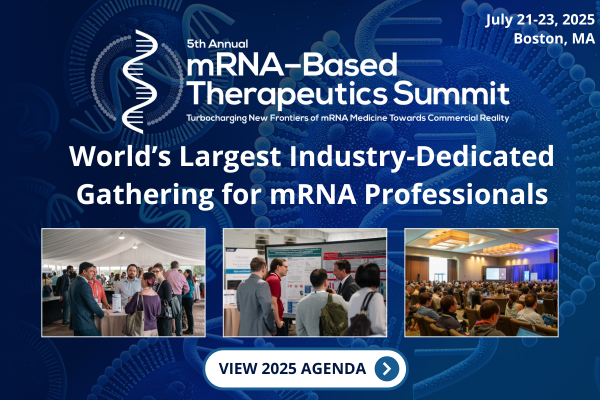GSK receives US approval of Benlysta for intravenous use in children with lupus aged five years and above
GSK announced that the US Food and Drug Administration (FDA) has approved, under priority review, the use of the intravenous (IV) formulation of Benlysta (belimumab), a B-lymphocyte stimulator (BLyS)-specific inhibitor, in children with lupus from as young as five years of age.
Dr Hal Barron, Chief Scientific Officer and President, R&D, GSK commented, “Children with lupus have had limited options available to help treat their condition. This accelerated decision means children in the US now have an innovative, FDA-approved medicine available to help manage the impact of living with this challenging autoimmune disease.”
Stevan W Gibson, President and CEO, Lupus Foundation of America commented, “Lupus is a potential life-threatening disease that can be more aggressive and severe in children than it is in adults. For the first time, children with lupus will now have a lupus-specific treatment option for their disease. As a research community we all share in the excitement of this historic milestone as it underscores our dedication to bringing new treatments to people living with lupus.”
Kenneth M Farber, President and CEO, Lupus Research Alliance, commented, “The go-ahead from the FDA for belimumab to be used to treat children with lupus is terrific news for a community desperate for more treatment options. As the only biologic approved for the disease, belimumab has been helping many adults with lupus, and now physicians will have another, much-needed tool for treating their pediatric patients.”
The approval extends the current indication in the US for the IV formulation of Benlysta in adults, to patients aged 5 years and older with active, autoantibody-positive, systemic lupus erythematosus (SLE) who are receiving standard therapy. Benlysta was approved in the US in March 2011 for adults, and is currently the only medicine specifically approved in the US for both adults and children with SLE. The IV formulation of Benlysta is currently not approved for use in children anywhere else in the world although regulatory submissions are ongoing in other parts of the world.
The supplemental Biologics License Application (sBLA), which received FDA priority review, to support today’s approval was based on data from a post-approval commitment study (the ‘PLUTO’ study), assessing the efficacy, safety and pharmacokinetics of 10 mg/kg intravenous belimumab plus standard therapy compared with placebo plus standard therapy for one-year in children aged 5 – 11 years (n=13,) and 12 – 17 years (n=80) with SLE. As paediatric lupus is an uncommon disease, a fully powered study was not feasible.
The proportion of children achieving a clinically meaningful improvement in disease activity, as assessed by the SLE responder index (SRI) response rate, was numerically higher in patients receiving belimumab plus standard therapy (52.8%) compared with placebo plus standard therapy (43.6%) at Week 52.
The proportion of patients experiencing more than one adverse event (AE) and a serious AE was 79.2% and 17.0% for the belimumab group compared to 82.5% and 35.0% for the placebo group, respectively. AEs that led to discontinuation were lupus nephritis, hepatitis A, hypertransaminasemia, acute pancreatitis, post herpetic neuralgia, retinal vasculitis and pancreatitis. Refer to ‘Important Safety Information for belimumab’ below for further information on the safety of belimumab.


